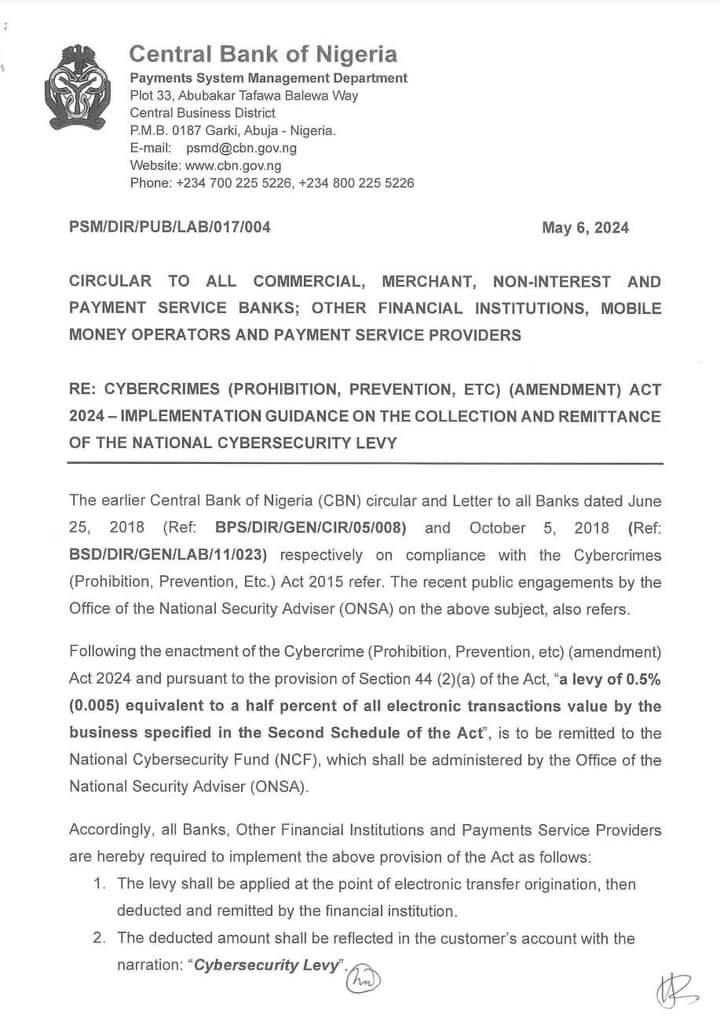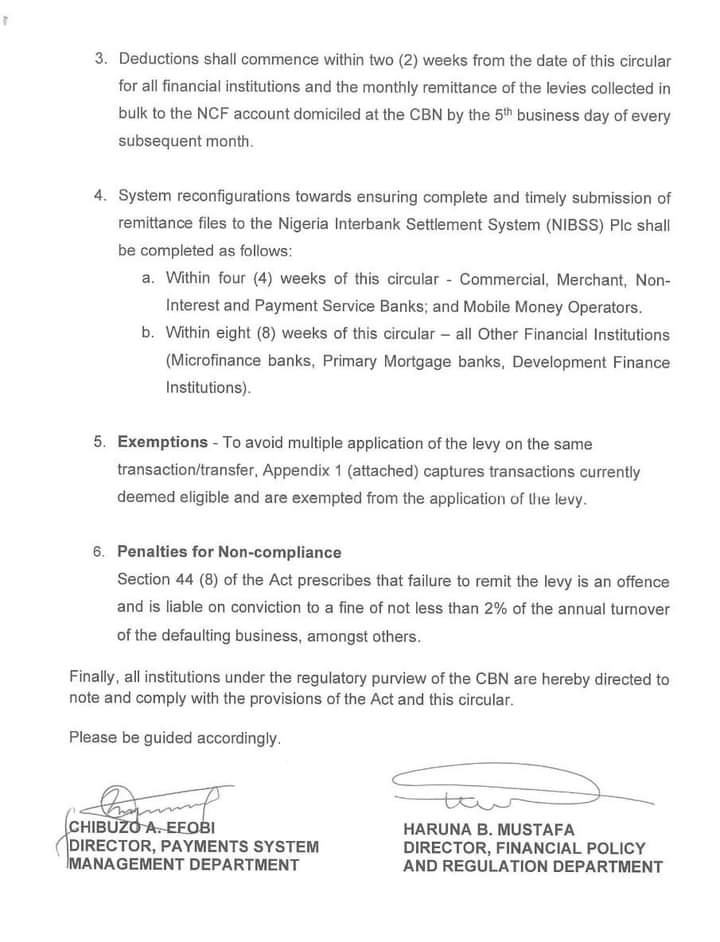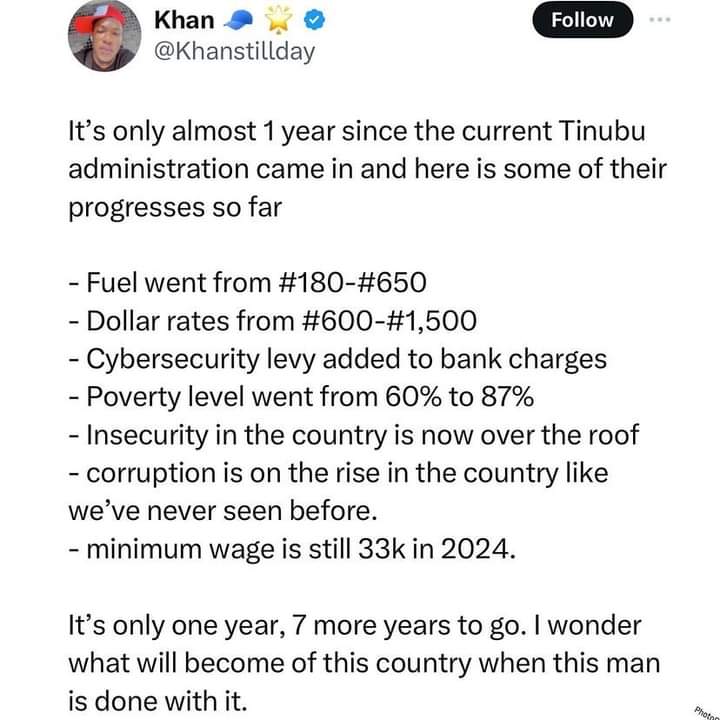GRBusiness
Productivity Tips For Working From Home During Covid-19


In a bid to stop the spread of COVID-19, popularly known as Coronavirus, remote work (essentially working from home) has been the centre of discussions on social media and the Internet in Nigeria and across the world.
We have followed these discussions and noticed that reactions are mixed. The reason for this is simple: Working from home is hard in this country! This is because of the peculiar infrastructural, cultural, etc. challenges that we face.
The reality though, is that people must work from home if we’re to tame this beast. This begs the question: how can one stay productive while working from home? The following tips will help a great deal. Please, read and share as far and wide as you!
- Create your own workspace: The living room or in bed might not be the best place to work if you want to be productive. That’s why creating your own workspace at home is very important as it will help you concentrate. A simple desk and a comfortable chair in one corner of your room or on the balcony will work just fine. The workspace doesn’t have to be out of this world!
- Get stable power: Though Nigeria has the potential togenerate 12,522 megawatts (MW) of electric power, it currently only generates around 4,000 MW, which is insufficient. As a result, most Nigerians don’t have constant light. This includes you!. To be productive, you have to get stable power to charge your devices (laptops, mobile phones, etc). One way you can surmount this challenge is getting a generating set (you probably have one already). You can also try solar-powered devices, inverters, etc.
- Get decent internet connection: While the cost of data has crashed in recent times, the speed of internet connection hasn’t improved much (average internet speed is 3.15Mbps, which is 6.85Mbps lesser than the minimum requirement). Slow internet connection means you can’t do much online – web pages would take forever to load – and this will cause frustration and greatly affect your productivity. To be productive, you have to get decent internet connection. This might mean moving from laptop tethering to investing in broadband or fibre-to-the-home internet service. Don’t be that person who didn’t finish an important task because of slow internet!
- Effectively use required business/communications tools: In the office, communication between staff mostly happens face to face. This luxury doesn’t exist while working from home as most conversations (formal and informal) will take place online. With this in mind, companies would adopt a set of tools to ensure clear and easy communication between employees. Some of these tools might include WhatsApp, Zoom, Google Meet, Slack, Email, etc. To be productive and taken seriously, you need to learn to effectively use the required tools. You don’t want to keep your boss waiting because you don’t know where the share button on Google Docs is!
- Take regular breaks: Most companies allow employees to take coffee or lunch breaks. This allows employees to regain strength, engage in informal conversations and attend to personal needs like responding to a message from a family member or friend. You should do the same while working from home. If your company didn’t set a time for breaks, set one for yourself and stick to it. Use that period to do things like eat, have a chat with your siblings, text a friend or run an errand. These breaks boost productivity and help fight isolation, a silent killer of productivity.
- Be prepared for work: Because you work from home and can reach your workspace in seconds, you might be tempted to stay longer in bed or spend some extra minutes chatting with friend. You shouldn’t, though. What you should do instead is prepare for work in almost the same way you would if you were going to the real office. Essentially, wake up early (you can extend the time you normally wake up for work…you deserve a little something), have your shower, get dressed (casual, of course) and then move to your workspace and fire up your work & comms tools before “resumption time”. Whether you’re going to the office or working from home, proper preparation is one way to be productive at work.
- Track your goals: You play your role in helping the company achieve its very ambitious goals by smashing little goals on a daily basis. When working from home, smashing those little goals can be very daunting what with the newfound flexibility, little to no supervision, distractions, etc. This is where goal-tracking is important. Tracking your goals helps you achieve them. It’s that simple! One tool that can help in this regard is “Objectives and Key Results”, aka OKR. Created by Andy Grove at Intel, OKRs are how you track progress, create alignment, and encourage engagement around measurable goals. Virtually everyone uses OKRs and you should too, especially at a time like this. Get more information about the tool here
Udoh N. Kelven
Head of Communications and Marketing, Passion Incubator
Finance
Banks To Now Charge 0.5% Cybersecurity Levy As Directed By CBN; Netizens React


The Central Bank of Nigeria (CBN) has directed deposit money banks in the country to start charging 0.5% cybersecurity levy on some transactions done by their customers.
The apex bank gave the directive in a circular dated May 6, 2024 and sent to all commercial, merchant, non-interest and payment service banks as well as mobile money operators and payment service providers.
“Following the enactment of the Cybercrime (Prohibition, Prevention, etc) (amendment) Act 2024 and pursuant to the provision of Section 44 (2) (a) of the Act, ‘a levy of 0.5% (0.005) equivalent to a half percent of all electronic transactions value by the business specified in the Second Schedule of the Act’, is to be remitted to the National Cybersecurity Fund (NCF), which shall be administered by the Office of the National Security Adviser (ONSA),” the circular partly read.




The apex bank said that the implementation of the levy would start two weeks from the date of the circular.
“The levy shall be applied at the point of electronic transfer origination, then deducted and remitted by the financial institution. The deducted amount shall be reflected in the customer’s account with the narration, ‘Cybersecurity Levy’. Deductions shall commence within two weeks from the date of this circular for all financial institutions and the monthly remittance of the levies collected in bulk to the NCF account domiciled at the CBN by the fifth business day of every subsequent month,” the circular said
The apex bank added that this new levy will not be applied on transactions such as loan disbursements and repayments, salary payments, intra-account transfers within the same bank or between different banks for the same customer, intra-bank transfers between customers of the same bank.
Also exempted from the levy were inter-branch transfers within a bank, cheque clearing and settlements, Letters of Credits, Banks’ recapitalisation-related funding only bulk funds movement from collection accounts, savings and deposits including transactions involving long-term investments, among others.
This current implementation however is not sitting well with some netizens as they reacted to the new development.
Here were some of their reactions from X.






Finance
EFCC Chairman Tasks Nigerian Youths Against Crimes And Fraudulent Acts


The Chairman of Economic Finance Crime Commission (EFCC), Ola Olukoyede, has stressed the need for Nigerian Youth to see themselves as agents of positive change that have a lot to contribute to the socioeconomic development of the Nation.
Speaking at the 2nd edition of a Leadership Trainings Programme in Abuja, Olukoyede, who was represented by the Head Enlightenment and Re-orientation unit, (EFCC), Aisha Mohammed, said the commission’s dream is to see the youth contribute meaningfully to the society, emphasizing on the need to work together in bringing positive change to society.
The Economic and Financial Crimes Commission Boss declared the readiness of his agency to work with all Stakeholders, including the youth towards changing the narrative and reposition the country to greater exploit.
Also speaking, the representative of the Executive Secretary of Tertiary Education Trust Fund (TETFUND), Sonny Echono, appealed to the youths is to eschew social vices that could deter their full potential in life.
Other speakers at the event, including the Chairperson, Zero Tolerance for Social Immoralities Initiative (ZEITI) Africa, Rasak Jeje called on all stakeholders to join hands in collective pursuit of empowering new generation of leaders to curb the rising tides of social Vice among Nigerian youths.
The Chairperson, Zero Tolerance for Social Immoralities Initiative (ZEITI) Africa, Rasak Jeje made the call while addressing journalists at the 2nd edition of it Leadership Trainings Programme in Abuja on Thursday.
He said the training was aimed to intimate students leaders with knowledge and insights that will help them drive positive change and become exemplary leaders in their respective spheres.
Finance
AISA Has Refunded The Fees Paid By Yahaya Bello To EFCC


The Economic and Financial Crimes Commission (EFCC) says the American International School Abuja (AISA) has refunded the fees paid by the immediate past governor of Kogi state, Yahaya Bello, for his children attending the school.
In response to a letter addressed to the Lagos zonal commander of the EFCC, the school said $845,852 was paid in tuition “since the 7th of September 2021 to date”.
AISA said the sum to be refunded is $760,910 because it had deducted educational services already rendered.
“Please forward to us an official written request, with the authentic banking details of the EFCC, for the refund of the above-mentioned funds as previously indicated as part of your investigation into the alleged money laundering activities by the Bello family.
Since the 7th September 2021 to date, $845,852.84 (Eight Hundred and Forty-Five Thousand, Eight Hundred and Fifty Two US Dollars and eighty four cents) in tuition and other fees has been deposited into our Bank account.
We have calculated the net amount to be transferred and refunded to the State, after deducting the educational services rendered as $760,910.84. (Seven Hundred and Sixty Thousand, Nine Hundred and Ten US Dollars and Eighty Four cents).
No further additional fees are expected in respect of tuition as the students’ fees have now been settled until they graduate from ASIA.”
In a chat with The Cable, the spokesperson of the EFCC, Dele Oyewale, confirmed that the school has refunded the money.
‘’The money has been paid into public account,” Dele Oyewale was quoted as saying












